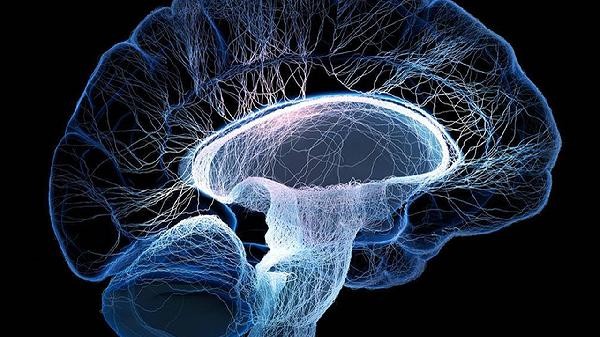The sudden recovery of the brain after frequent distraction may be related to attention regulation mechanisms, psychological stress relief, or physiological state improvement. Common reasons include short-term fatigue relief, changes in environmental stimuli, calming of emotional fluctuations, balance of neurotransmitters, and improvement in sleep quality. Sudden concentration after distraction often reflects dynamic changes in the brain's self-regulation function. When the body recovers from fatigue, the brain's oxygen supply and energy metabolism improve, and the prefrontal cortex's control over attention is enhanced. After the disappearance of new stimuli in the environment, the brain no longer needs to continuously process interfering information, and cognitive resources can be reallocated to primary tasks. Emotional stability can reduce the inhibition of the limbic system on the cerebral cortex, allowing working memory and executive function to resume normal operation. The levels of neurotransmitters such as dopamine tend to stabilize, which helps maintain a sustained state of attention. When there is sufficient deep sleep, the clearance efficiency of metabolic waste by cerebrospinal fluid is improved, and the information transmission between neurons is smoother.

Some situations require vigilance against pathological factors. Abnormal thyroid function may lead to fluctuating attention levels, accompanied by changes in weight and heart rate. During the interval between epileptic seizures, there may be a brief improvement in attention, but it is often accompanied by other neurological symptoms. The hypomanic phase of bipolar disorder may result in heightened attention, but may later transition into a depressive phase. Microbleeds or small infarcts in the brain may disrupt the stability of neural networks. The fluctuation of side effects of certain drugs can also cause fluctuations in attention. Maintaining a regular schedule and moderate exercise can help stabilize attention levels. It is recommended to ensure 7 hours of sleep and engage in aerobic exercise every day. Mindfulness meditation training can enhance metacognitive abilities, allowing for faster adjustment of states when distracted. Pay attention to supplementing deep-sea fish and nuts rich in omega-3 fatty acids in diet to avoid blood sugar fluctuations caused by high sugar foods. If there are repeated abnormal fluctuations in attention that affect daily life, it is recommended to seek professional evaluation from a neurology or psychology department to rule out potential organic problems. Tomato work method can be used in work and study, and taking short breaks every 25 minutes can help maintain focus.









Comments (0)
Leave a Comment
No comments yet
Be the first to share your thoughts!